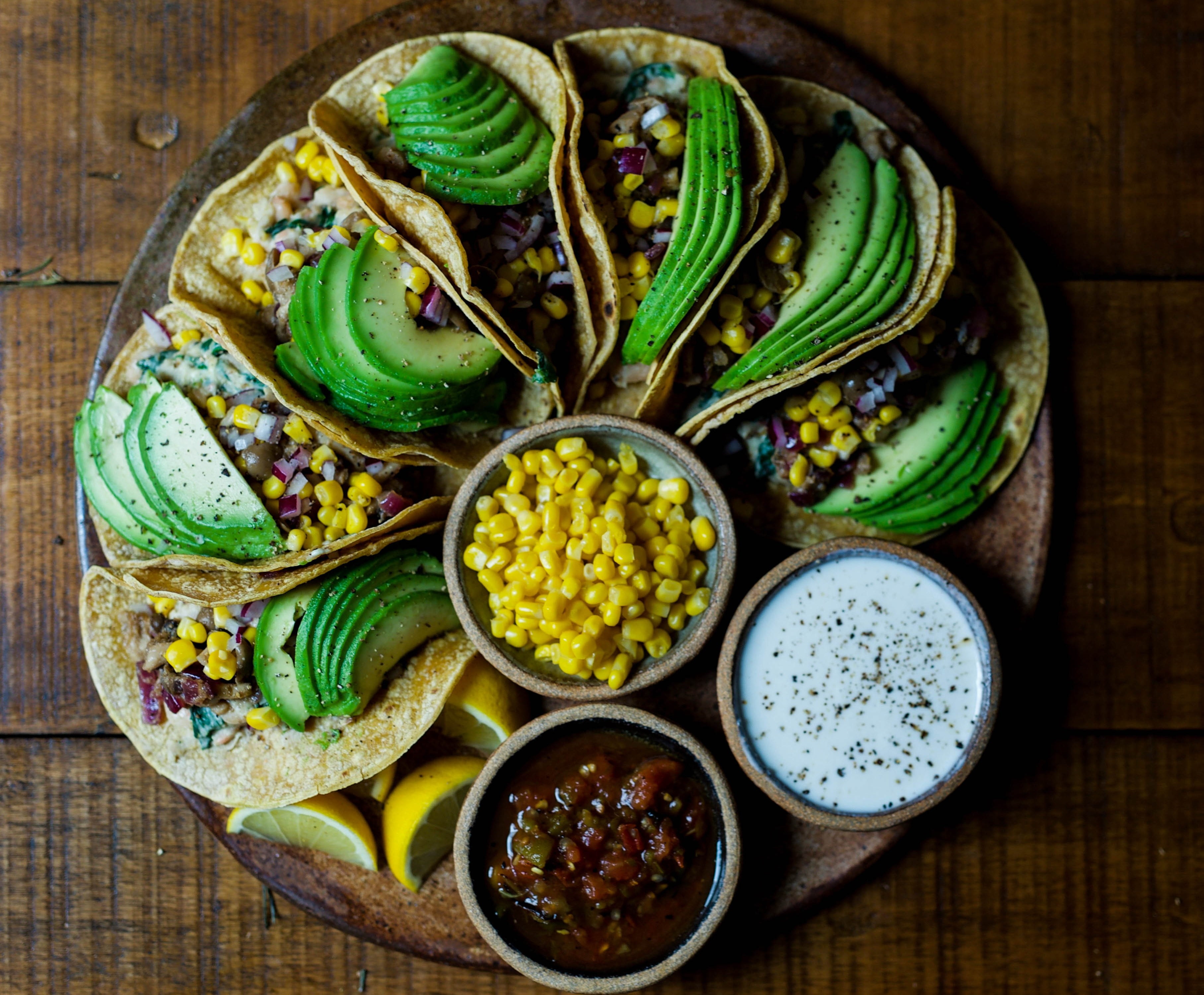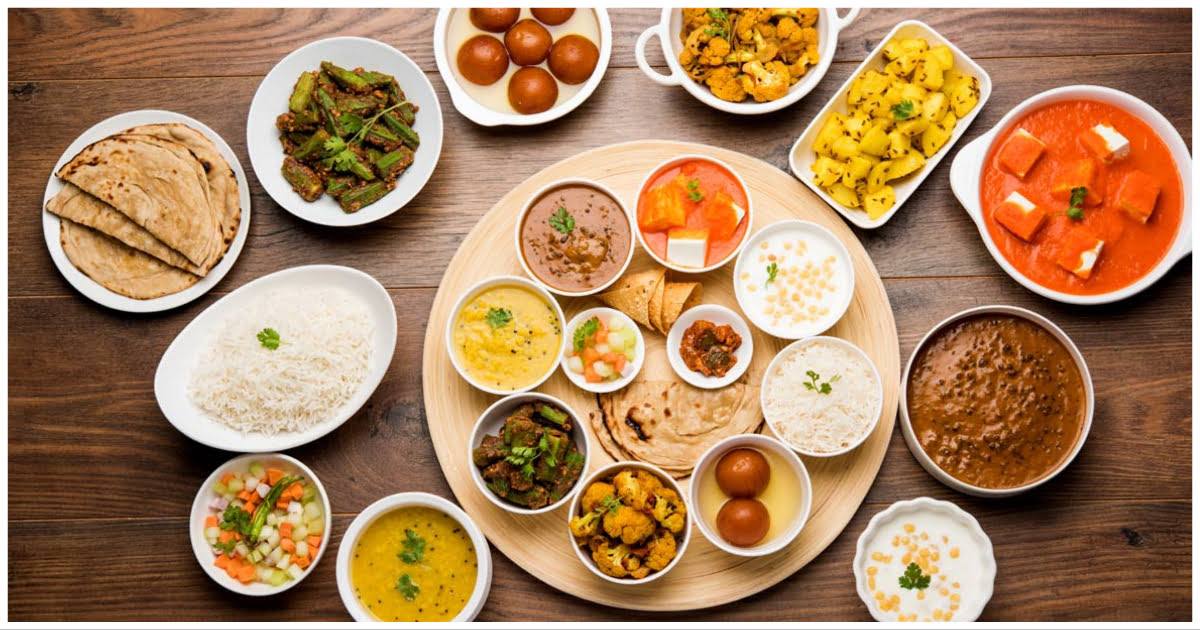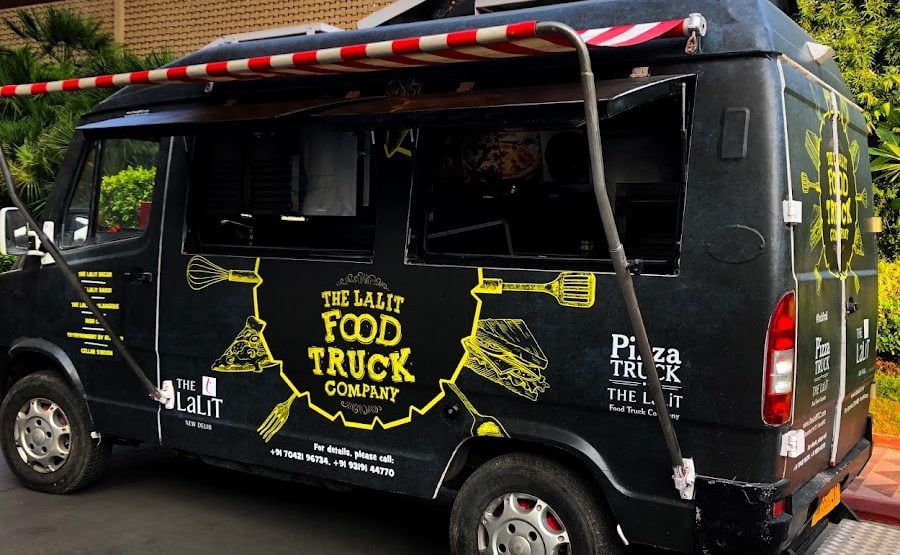A new food trend is gaining momentum in India. People are curious about it. More and more people are adopting it as they are learn that it is does not mean self-deprivation. And it makes you healthier without being cruel to animals. Yes, you guessed it right. We are talking about veganism.
So, what is veganism? The London-based educational charity Vegan Society defines veganism as “a way of living which seeks to exclude as far as possible and practicable, all forms of exploitation of, and cruelty to, animals for food, clothing or any other purpose”. Vegans believe in the emancipation of animals from exploitation by human beings and eliminating all kinds of products derived from animals from their lives. And it is not limited to just food. It extends to fashion, clothing, medication, and household items. People are often mistaken that being a vegan and a vegetarian are the same thing. The difference lies in the fact that while a vegetarian will have animal-based products like milk, a vegan will not. Vegans depend on non-animal sources of protein.
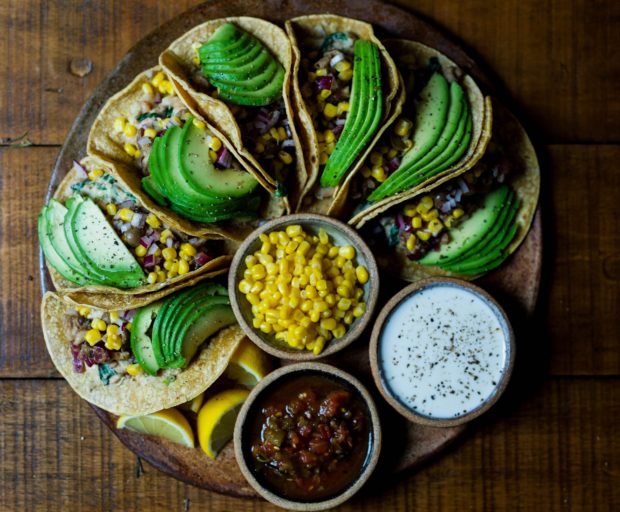
The vegan diet has already entered the mainstream. A few restaurants now have vegan dishes on their menu. But it is important to remember that veganism is not just about food habits. It is a lifestyle.
However, switching to veganism is not an overnight affair. Meghna, from Federation of Indian Animal Protection Organisation (FIAPO), says that it needs a lot of self control and discipline. “For a meat-eater like me, switching over was quite difficult in the beginning,” she says. However, she was determined to stick to her commitment. And now she has been a happy vegan for five years.
More and more people are now consciously adopting a vegan lifestyle. The number is higher among people who are animal lovers and environmentalists. And for some, it is out of necessity that they switch to veganism. Jitin Munjal, co-founder and CEO of Jus’ Amazing, entered into the market of making dairy-free, gluten-free, soy-free, and lactose-free butters because his son is lactose intolerant. He realised that many like his son do not have options in the market when it comes to food. He researched and found out that not many companies are catering to this niche market and decided to enter this business himself. He does agree that these products are expensive than other commonly used ones because they are organic.
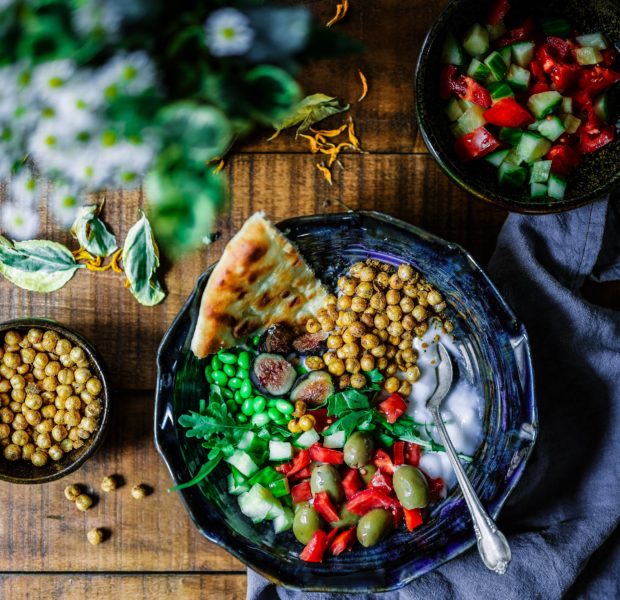
A touch of glamour has been added to veganism due to the celebrity touch. Bollywood stars Shahid Kapoor, Kangana Ranaut, Sonam Kapoor, and Aamir Khan turned vegan and have acknowledged that their overall health has improved. Indian cricket skipper Virat Kohli, the latest entry to this list, said in an interview that his performance has improved since he adopted veganism. Endorsement by such influencers has certainly helped in countering the self-depriving image of veganism.
Studies show that people who follow vegan diets tend to be less susceptible to chronic diseases as compared to people on a meat diet. Amrita Balaji, a content developer who plans to open her own vegan bakery, thinks that veganism might be expensive in the beginning. “But in the long run you end up paying less to the doctor!” she says.
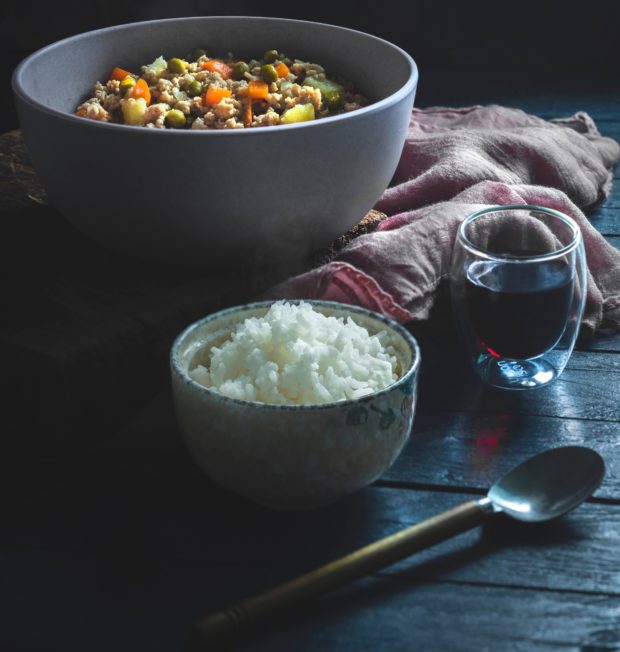
A vegan diet consists of grains, legumes, fruits, and vegetables. These are low in saturated fat and high in fibre, magnesium, vitamin C, and iron. However, an unbalanced vegan diet may lead to nutritional deficiencies which may lead to health problems. For instance, vitamin B12 is found only in poultry products. Moreover, cutting out meat from your diet is not going to lead to a healthier body if all you end up eating are potatoes. Therefore, it is necessary to have proper planning, in consultation with a nutritionist, before starting the vegan regime. And the transition should be gradual.
Additionally, if you have some illness, it becomes increasingly difficult. At times, the recommended foods and prescribed medicines contain animal products. Even the Vegan Society does not recommend one to avoid medication prescribed by their doctor as “adead vegan is no good to anyone”.
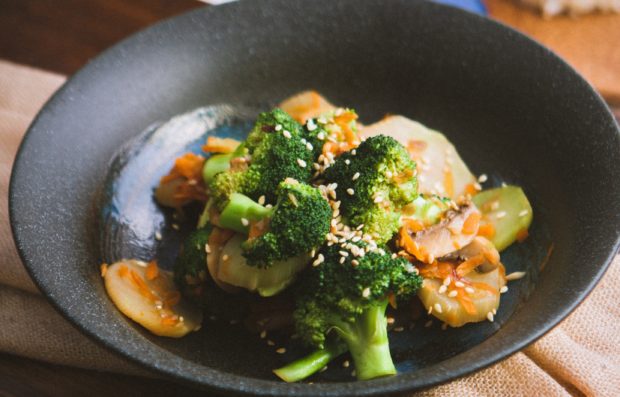
What are the foods you can have in a vegan diet? Indian cuisine has so many options for vegans! Cereals, legumes, pulses, and sprouts are the staple diet in an Indian home. And many people in India are lacto-vegetarian. Thus, a meat-free diet is actually quite easy to follow in India. It helps if you cook your own meal so that you can control the ingredients that go into the dish. Depending only on processed food is going to be heavier on your purse and might not be that beneficial.
For your protein needs, you can consume legumes and soy products. Almonds, cashews, sesame seeds, and dried fruits are high in calcium. If you have a sweet tooth, you can have fruit-based gelatos instead of ice creams. Coconut milk, almond milk or soy milk can replace your usual milk.

